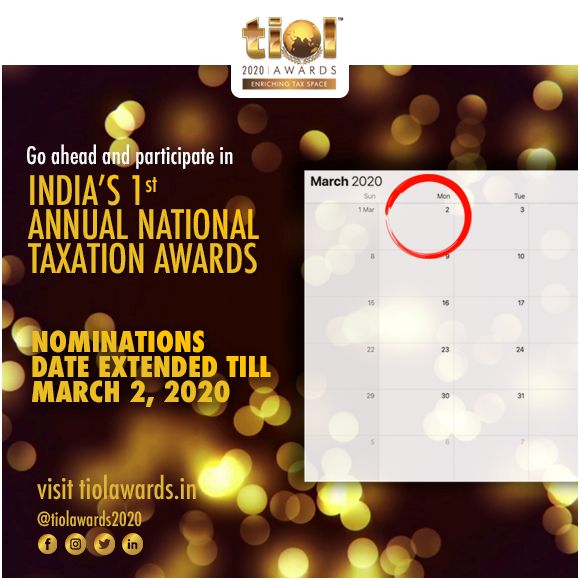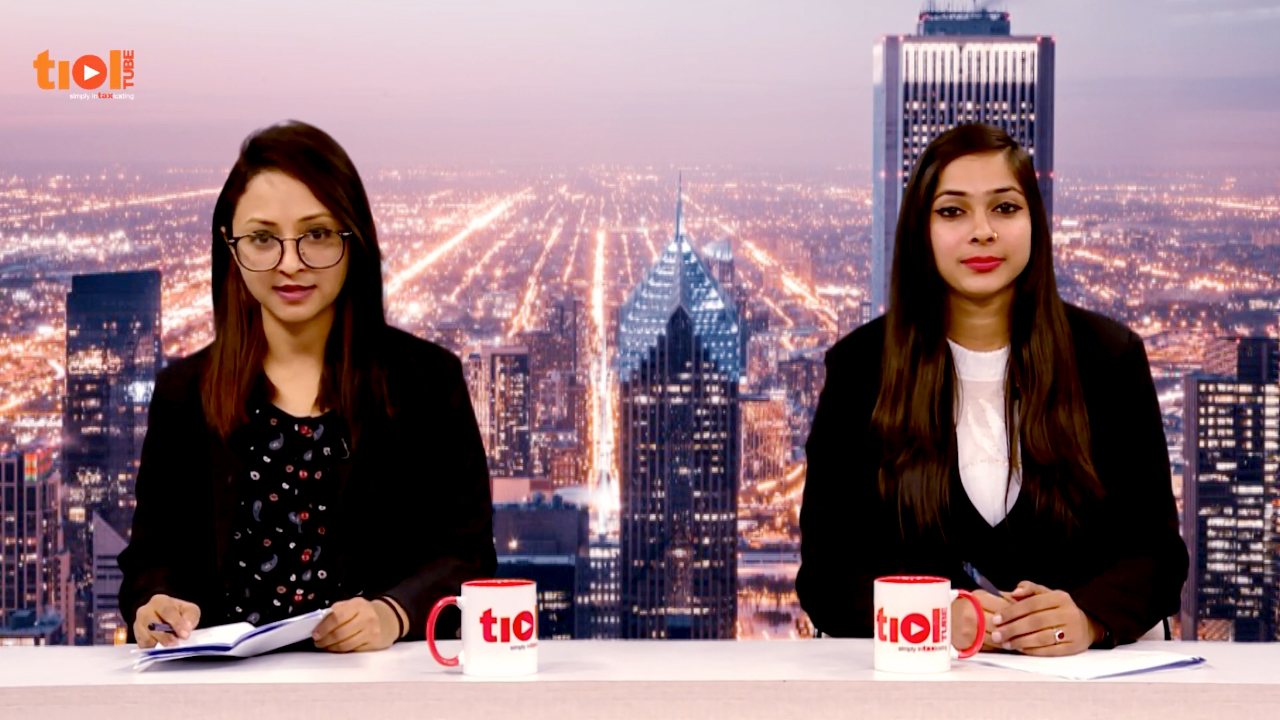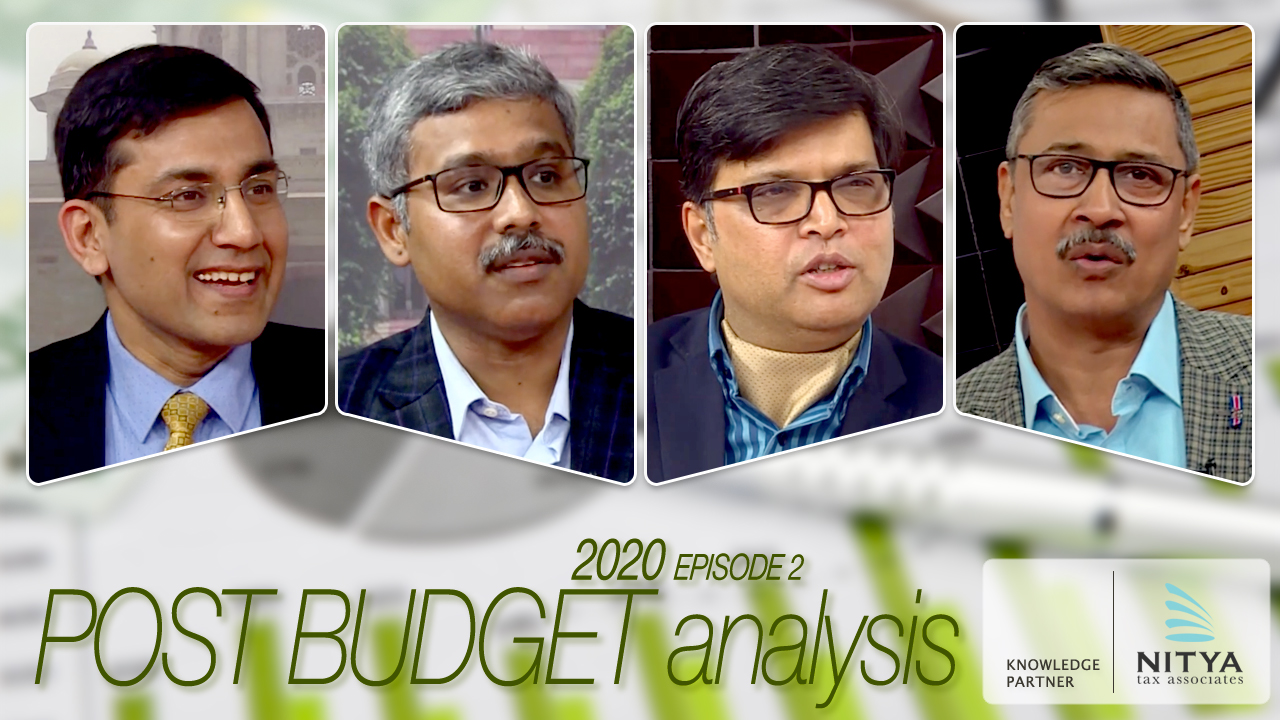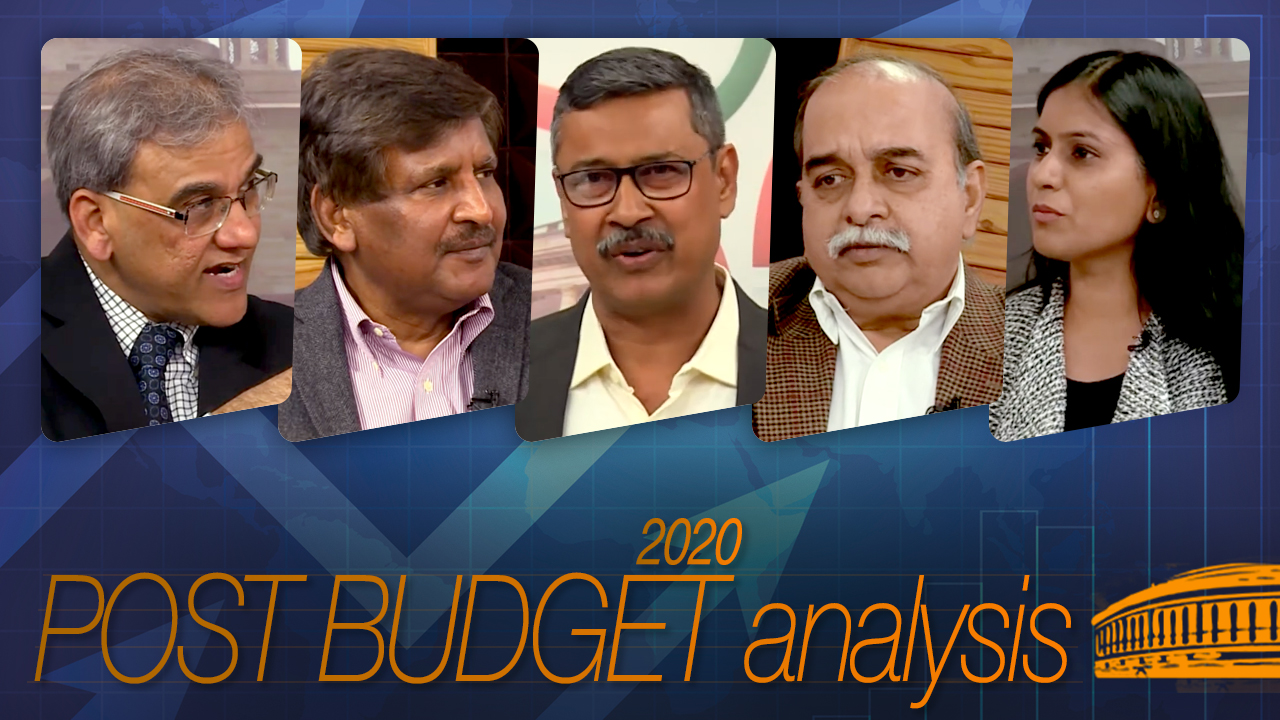| SERVICE TAX
2020-TIOL-435-HC-KAR-ST
CST Vs Karnataka Udyog Mitra
ST - Respondent is a Society registered under the Karnataka Societies Registration Act and is engaged in providing services to industrial entrepreneurs interested in industrial investment in the State of Karnataka, particularly in the medium and large scale sector from the stage of investment proposal to the eventual implementation of the project - Respondent is an investment promotion and facilitation agency of the Government of Karnataka for grant of approvals and sanction of infrastructure facilities for the approved projects - department took a view that the respondent is required to pay service tax under the category of 'Management or Business consultancy service' - Commissioner, the adjudicating authority, confirmed the service tax demand of Rs.2,58,40,805/- for the period October 2006 to March 2012 and imposed penalties and interest - CESTAT upheld the allegations leveled in the notice regarding taxability but limited the demand for the normal period; penalties were also set aside - Revenue is in appeal before the High Court.
Held: No appeal has been preferred by the assessee against the order of the CESTAT - Since ingredients indicated in the proviso at Clauses (a) to (e) of section 73(1) of the Finance Act, 1994 has neither been invoked against respondent while issuing show-cause notice nor the department having contended that non-payment of service tax was by the reason of any clause mentioned in Clauses (a) to (e) to the proviso of sub-section (1) of Section 73 of the Act is attracted, order of the tribunal rejecting the prayer of revenue to invoke extended period of limitation cannot be found fault with - initial burden is on the revenue to establish or prove that ingredients prescribed under proviso to sub-section (1) of Section 73 of the Act are present and in the absence of this fact, invoking of extended period of limitation would be impermissible - order of the Tribunal is just and correct and question of applying the extended period of limitation would not arise in the facts and circumstances - Revenue appeal dismissed: High Court [para 10, 11, 13, 14] - Appeal dismissed: KARNATAKA HIGH COURT
2020-TIOL-345-CESTAT-DEL
MGF Event Management Vs CCE
ST - Appellant is operating parking areas in five Malls by way of providing parking to the patrons/visitors of shopping malls and collecting parking fees for which they have appointed an outside agency (Third Party Agency) for managing the parking area who is collecting "Parking Fees" on behalf of the appellants and remitting the proceeds to the appellant - The third-party agency raises the invoice for operating cost and its management fee and charges Service tax on these amounts and pays the remainder amount of gross collection on monthly basis after deducting its direct operating cost and management fee - The entire revenue generated by way of selling parking tickets belongs to the appellant - Parking income is recorded as revenue by the appellant in its books of accounts - The appellants claims that the income earned from parking fees belongs to appellants entirely and nothing is remitted to the mall owners from the collections made or otherwise - No service tax was paid by the appellant on the income generated from the parking fees – Revenue alleges that activity of the appellant amounted to 'Management, Maintenance or Repairs' which was leviable to service tax as per the provisions of Finance Act, 1994 – demand issued and confirmed by the original authority and, therefore, appeal before CESTAT.
Held: Bench cannot accept the appellant's plea that huge parking space area was given to the appellant without any agreement with respect to financial consideration or without an agreement with respect to contingent liabilities with respect to theft, injuries, fire or other liabilities - It is difficult to believe that such an enormous responsibility was given without any agreement - Even otherwise, the activity of the appellant is covered within the definition of 'management, maintenance or repairs' - It is not necessary that the service recipient, which are the mall owners in this case should receive any pecuniary consideration from the service - Even a service without any direct pecuniary benefit to the service recipient is also a service - Even if we take that the interest of the mall owners is that the appellant should provide a hassle free parking, it is a service to the mall owners by the appellant and the plea that no monetary consideration is being paid by the mall owners is without substance - The appellant has been allowed to use space and collect parking fee is a valid consideration in terms of the service tax provisions as it is not necessary that the consideration should always be directly in the form of money - If the consideration is in terms of some benefit to the service provider which can be measured or converted into money it will constitute a valid consideration - as far as the business activity is concerned qua the appellant, it is operation of the parking area but when this activity is examined qua the mall owners they are providing the service of 'management, maintenance or repairs' to the mall owners - right to collect parking fees given by the mall owners is nothing but a consideration provided to the appellant by the mall owners and the measure of such consideration is the gross income generated through the parking fees in terms of s.67(1)(i) of the Finance Act, 1994 - appellant will be eligible to avail CENVAT credit of the service tax paid on input services, which have been provided to the appellant by third party agency or any other service providers in providing the said service of 'management, maintenance and repairs' of the parking area – so also, the income shown in the balance sheet as parking fees will be considered as cum-tax value for determination of service tax - as the appellant has suppressed the income of parking fees in the relevant returns with an ulterior motive to evade the service tax, extended period is rightly invokable - Order-in-Original is upheld as far as legality of levy of service tax on the activity under 'management, maintenance or repair service' is concerned, however, the appellant will be entitled to avail CENVAT credit of service tax paid by the service providers and cum-tax benefit - The penalties under Section 78 of Finance Act, 1994 need to reworked accordingly – matter remanded to the Adjudicating Authority to re-determine the taxable demand, interest and penalties: CESTAT [para 6 to 12]
- Matter remanded : DELHI CESTAT
2020-TIOL-342-CESTAT-MAD
Maria Color Lab Vs CCE
ST - The assessee is engaged in providing photography service, for which it procured certain consumables such as Paper, Chemicals, and Film Rolls on payment of excise duty - The assessee also claimed that in the bills raised for rendering such services, it reflected the material portion and labor charges separately and that VAT/Sales Tax was paid on the materials transferred or consumed apart from payment of service tax on the service charges and labor charges after claiming exemption under Notfn No 12/2003-ST - The Revenue opined that the assessee did not satisfy the primary requirements of Notfn No 12/2003 and that the invoices did not specifically indicate the value of goods and material sold by the assessee - SCN was issued raising duty demands - The same were confirmed on adjudication and then sustained by the Commr.(A) - Hence the present appeal.
Held - The assessee claimed in respect of its eligibility for cenvat credit that service tax had been demanded without extending benefit under Notfn No 12/2003 - Perusal of the subject orders reveals no such contention to have been raised by the assessee - Hence the matter warrants remand to verify the validity of such assertion - It is also held that the assessee is not entitled to exemption under Notfn No 12/2003: CESTAT
- Assessee's appeal partly allowed: CHENNAI CESTAT
CENTRAL EXCISE
2020-TIOL-432-HC-MAD-CX
Bharat Steel Industries Vs CESTAT
CX - The present petition assails an order passed by the Superintendent of Central Excise, levying interest @ 18% on the Excise duty demanded - Penalty had also been imposed.
Held - It is canvassed that the issue at hand stands resolved by the Apex Court's decision in the case of Shree Bhagwati Steel Rolling Mills -Vs- Commissioner of Central Excise wherein it was held that Rule 96ZP is ultra vires and that such provision had been struck down - Hence it was claimed that the demand raised would not sustain - In light of such judgment, the subject order merits being quashed as the Rule levying such interest itself has been struck down by the Supreme Court for the reason that there is no substantive provision for levy of such interest in the main charging provision under Section 3A of the Act: HC
- Writ petition allowed: MADRAS HIGH COURT
CUSTOMS
2020-TIOL-343-CESTAT-AHM
Flexi Tuff International Ltd Vs CC
Cus - The assessee-company is engaged in manufacture of HDPE/PP woven sack - The issue at hand pertains to demand for Additional Duty of Customs, raised u/s 116 of the Finance Act 1999 - The demand was confirmed upon adjudication and was sustained on appeal - Hence the present appeal - The assessee claimed that Notfn No 43/2002-Cus which exempts material imported into India against the Advance License issued in terms of the EXIM policy - The assessee claimed that Notfn No 43/2002-Cus also exempts the it from Additional Customs Duty on HSD oil, levied u/s 116 of the Finance Act 1999.
Held - The counsel for the assessee pointed out that the issue is squarely covered by the decision in the case of S J L T Textiles P Ltd Vs. CC - 2012-TIOL-1092-CESTAT-BANG It was held therein that Notfn No 43/2002-Cus clearly specified that no exemption was granted from payment of additional duty of Customs, leviable under the Finance Act 1999 - In light of such precedent case, the present appeal merits being dismissed: CESTAT
- Assessee's appeal dismissed: AHMEDABAD CESTAT
|








